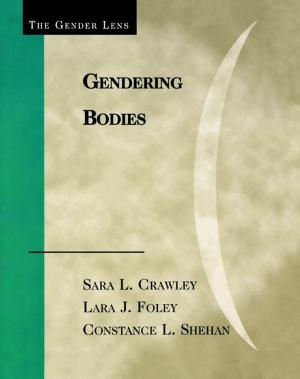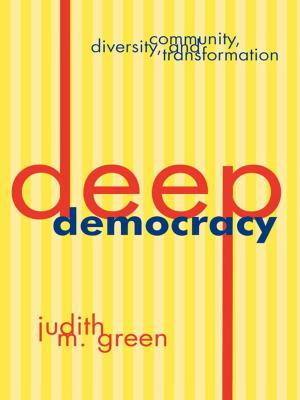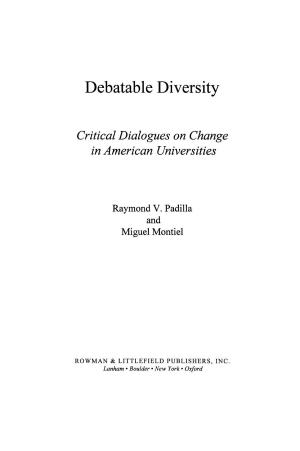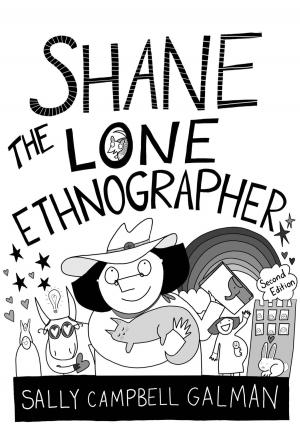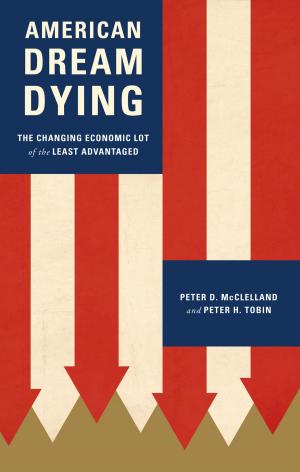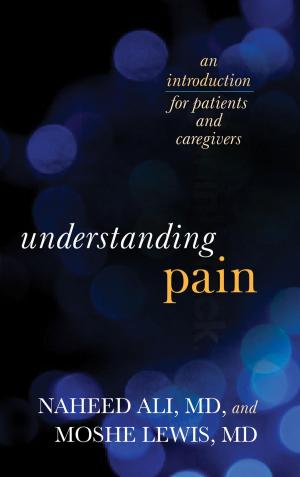Alternative Psychotherapies
Evaluating Unconventional Mental Health Treatments
Nonfiction, Health & Well Being, Psychology, Experimental Psychology, Psychoanalysis, Counselling| Author: | Jean Mercer | ISBN: | 9781442234925 |
| Publisher: | Rowman & Littlefield Publishers | Publication: | July 30, 2014 |
| Imprint: | Rowman & Littlefield Publishers | Language: | English |
| Author: | Jean Mercer |
| ISBN: | 9781442234925 |
| Publisher: | Rowman & Littlefield Publishers |
| Publication: | July 30, 2014 |
| Imprint: | Rowman & Littlefield Publishers |
| Language: | English |
Alternative Psychotherapies: Evaluating Unconventional Mental Health Treatments addresses concerns about current and newly-emerging mental health treatments that are considered "unconventional." As a parallel to complementary and alternative medical treatments, alternative psychotherapies lack research support, are at odds with established information about human personality and development, and may actually be harmful. Professionals and students in the helping professions may find such treatments confusing and difficult to differentiate from emerging therapies that have not yet established a foundation of evidence; this is especially problematic if clients propose using unconventional therapies they have found on the Internet. Alternative Psychotherapies examines a series of unconventional treatments in terms of the research supporting them, their theoretical and historical backgrounds, and the potential or documented adverse events that may be associated with them. Therapies for both adults and children are included, and topics range from recovered memory therapies to bodywork to treatments for autism and to special education issues. Alternative psychotherapies frequently share certain historical backgrounds, and psychotherapists can use historical insights as well as an understanding of basic research rules and psychological theory to identify unconventional treatments other than the ones discussed. The book concludes with a discussion of the advantages and disadvantages of greater regulation of alternative therapies, as compared to the current situation in which few mental health interventions are banned or limited by law.
Alternative Psychotherapies: Evaluating Unconventional Mental Health Treatments addresses concerns about current and newly-emerging mental health treatments that are considered "unconventional." As a parallel to complementary and alternative medical treatments, alternative psychotherapies lack research support, are at odds with established information about human personality and development, and may actually be harmful. Professionals and students in the helping professions may find such treatments confusing and difficult to differentiate from emerging therapies that have not yet established a foundation of evidence; this is especially problematic if clients propose using unconventional therapies they have found on the Internet. Alternative Psychotherapies examines a series of unconventional treatments in terms of the research supporting them, their theoretical and historical backgrounds, and the potential or documented adverse events that may be associated with them. Therapies for both adults and children are included, and topics range from recovered memory therapies to bodywork to treatments for autism and to special education issues. Alternative psychotherapies frequently share certain historical backgrounds, and psychotherapists can use historical insights as well as an understanding of basic research rules and psychological theory to identify unconventional treatments other than the ones discussed. The book concludes with a discussion of the advantages and disadvantages of greater regulation of alternative therapies, as compared to the current situation in which few mental health interventions are banned or limited by law.

